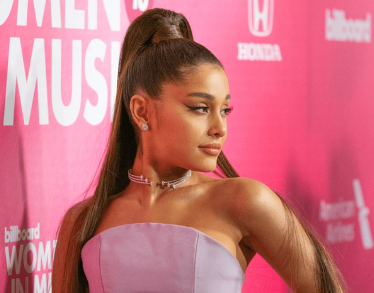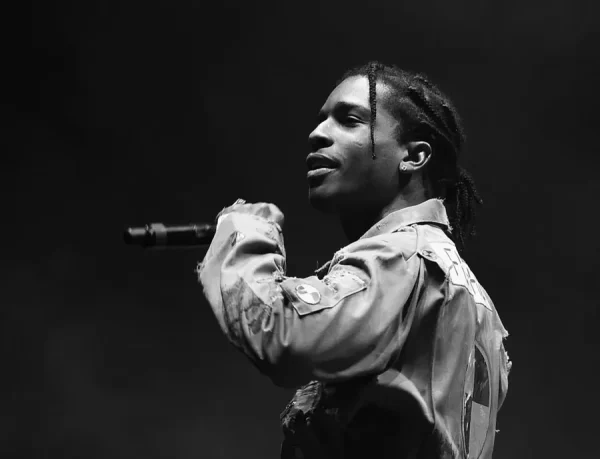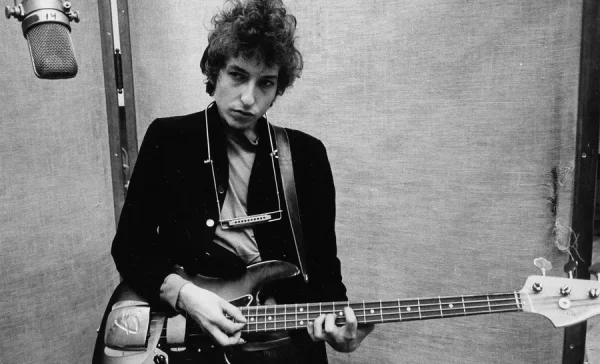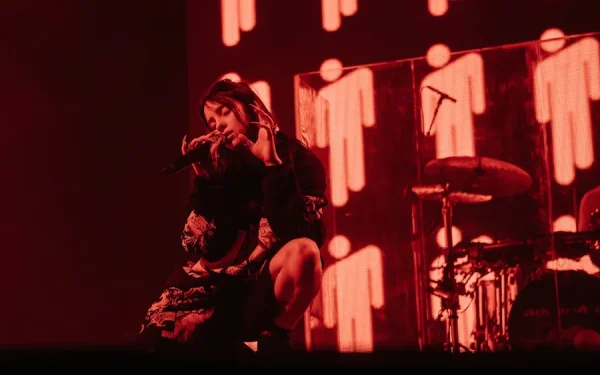Spotify unveils new payola practice, draws reaction from industry and consumers
Last November, Spotify unveiled in a blog post what many considered to be a form of payola, a term used to describe the now illegal practice of radio stations receiving payment in exchange for broadcasting certain recordings. In the announcement, Spotify described a system where artists and labels could opt to take a percentage cut in royalties in exchange for increased exposure of their music. The royalty rate has not been publicized, and Spotify claims that payment is not a guarantee of placement.
The announcement further strains an already tenuous relationship between Spotify and the artists on its platform, who for years have been organizing for better compensation and increased transparency concerning royalties and private deals made between labels and Spotify. One such organization is the Union of Musicians and Allied Workers (UMAW), which runs the Justice at Spotify project. Among their demands are that Spotify increase royalty payments to a baseline of one cent, improve transparency in their business practices, and stop fighting artists with legal action.
“Any artist I’ve talked to thinks the new payola system is absurd,” said Cody Fitzgerald, co-founder of UMAW and musician with Brooklyn-based band Stolen Jars. “It’s not okay that they’re already paying artists a fraction of a cent and are asking for more.” Spotify pays an average of 0.00318 cents per stream, the majority of which may be taken by labels and managers before reaching the artist. In comparison, competitors like Apple Music pay one cent per stream.
“Spotify claims to be a music company that gives artists the money to live off their art,” Fitzgerald added. “They were founded by advertising and tech people who were already millionaires. They don’t really care about music.”
Other than its most recent iteration, payola has been an issue plaguing Spotify for years. As Rolling Stone reported earlier this year, there are numerous non-Spotify sanctioned companies that will provide artists with large streaming debuts in exchange for a fee. Though Spotify technically doesn’t allow this on their platform, many have argued that the streaming giant doesn’t do enough to combat the payola they claim to be against.
Some have argued that Spotify’s pop-up ads are a form of payola. These marquee ads appear when a user opens the app, and though it doesn’t require users to listen, each click costs 55 cents, which discriminates against smaller artists and labels who cannot afford to promote their music in the same way.
Conri Connell, a Senior and Spotify Premium subscriber, expressed frustration at Spotify’s lack of monetary support for artists and the fact that his Discover Weekly and other Spotify-curated playlists might be influenced by the new payola system.
“I don’t feel like it’s fair that I’m paying Spotify ten dollars a month just so they can pay artists less than a cent per stream. I don’t even know where the money’s going,” he explained. “And if I’m being recommended songs based on which artists can afford to go without royalties, I would want to know. I don’t want to support an unfair playing field.”
According to Fitzgerald, there are numerous ways that consumers can support their favorite artists and Justice at Spotify.
“Spreading the word, avoiding streaming when you can, buying their stuff on Bandcamp is all great,” he said. Bandcamp is an online record and merch store where consumers buy straight from the artist. “Buying directly from them whenever you can is the best way to support an artist you love.”

Beat: Current Events
Joann Cho is a senior in Humanities and this is her first year writing for the Pulse. In her free time, she tutors elementary school...










